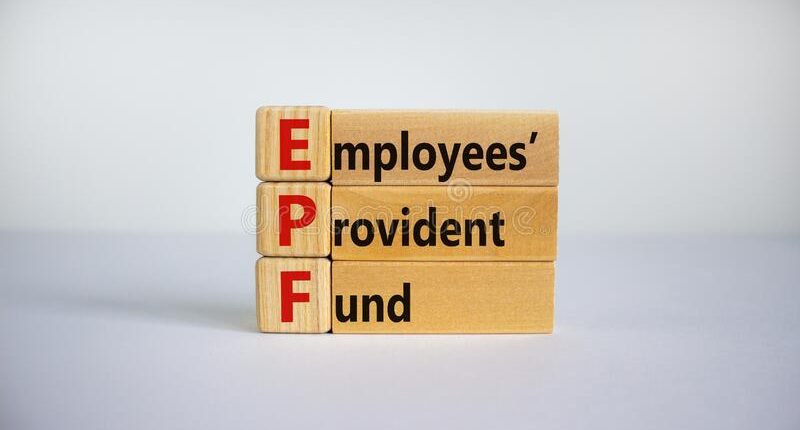Recently, the EPFO tweeted that employers defaulting on paying EPF contributions to their employees are liable to pay damages and interest on the amount due. Employers are liable to pay damages under section 14B of the Employee’s Provident Funds and Miscellaneous Provisions Act for defaulting on EPF contributions.
Under section 7Q of the Act, employers are liable to pay a higher interest rate on the amount due. The EPFO notified the rate of damages the employer should pay for the delay in payment of EPF contributions, which are as follows:
| Period of default | Rate of damages (per annum) |
| Less than 2 months | 5% |
| 2-4 months | 10% |
| 4-6 months | 15% |
| More than 6 months | 25% |
The EPFO stated that the damages are restricted to 100% of the amount in arrears. An annual interest of 12% is applied to the amount due for the entire delay period.
Employees can get the interest on damages by following the below process when the employers delay their EPF contributions:
- Employees must stay updated about their monthly PF contribution deposits. Employees can check whether their PF contributions are deposited by logging into the EPFO portal. EPFO also sends SMS alerts of the payment made in the PF account.
- Employees should file a complaint with the EPFO in the case of any delay in payments by employers.
- The EPFO will initiate an inquiry against employers upon the complaint. If employers are found guilty of delayed payment, there can be legal action against them.
- The EPFO can recover the damaged amount and the interest on the late deposit. There can be a police complaint against the employers.
- Before taking penal action, employers will be given a reasonable opportunity to present their points.
Thus, employers should ensure timely EPF payment dues to avoid paying damages and interest to employees.
For any clarifications/feedback on the topic, please contact the writer at mayashree.acharya@clear.in

I am an Advocate by profession. I interpret laws and put them in simple words. I love to explore and try new things in life.





